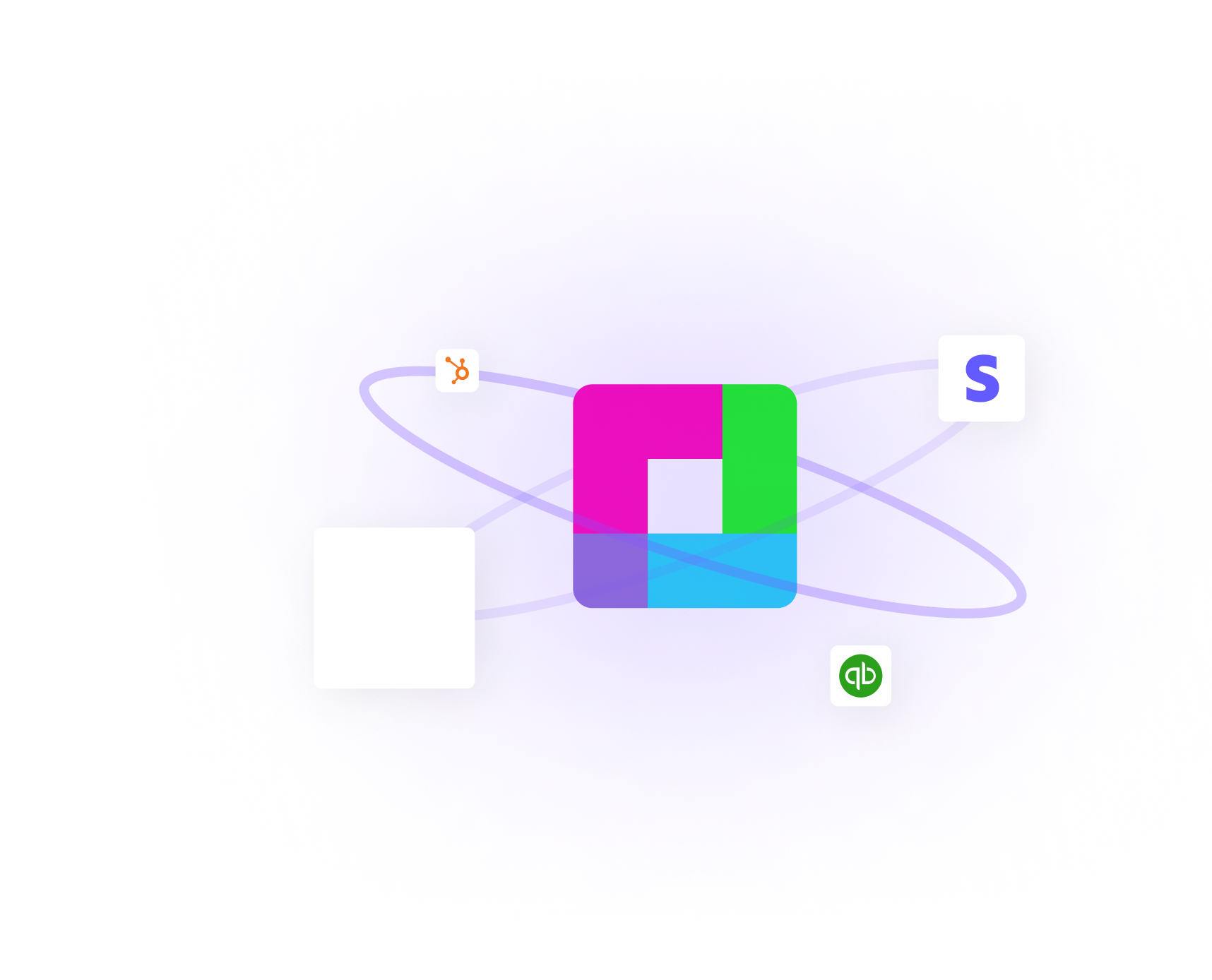
Overview
In today's data-driven environment, the ability to efficiently manage and utilize information is crucial for businesses. Extract, Transform, Load (ETL) tools serve as the backbone for digesting data from multiple sources, ensuring that data is rapidly transformed into a usable format for analysis and decision-making. Particularly when loading data into spreadsheets, ETL processes streamline operations, enhance accuracy, and reduce the need for developer expertise, thereby minimizing the risk of human error and saving valuable time. On this page, we'll delve into the essence of digest data, explore a range of ETL tools tailored for digest data, examine various use cases for ETL in the context of digest data, and introduce Sourcetable as an alternative approach to ETL for digest. Plus, we'll answer common questions about undertaking ETL with digest data, providing you with a comprehensive guide to mastering this transformative technology.
What is Digest?
Digest is a software tool designed to streamline the process of creating executive updates. This utility enables users to generate concise summaries quickly, which can then be distributed effortlessly via email, text, or Slack. Its capability to schedule updates makes it an efficient tool for staying ahead of communication needs.
Acting as a living document, Digest provides a flexible platform that is adaptable to various informational needs. Users can employ it for daily overviews, travel itineraries, meeting recaps, project summaries, and tracking quarterly goals, among other uses. This versatility makes Digest an invaluable resource in a wide range of scenarios.
In the context of legal education, digest services hold particular significance. They are especially beneficial for first-year legal research classes, offering a foundational tool for students to familiarize themselves with legal concepts and case law. For upper-year law students, digest services serve as a useful reference to aid in the consolidation and application of their legal knowledge.
Streamline Your ETL Process with Sourcetable
When dealing with the integration of data from various sources, the ETL (extract-transform-load) process can be cumbersome and complex. Sourcetable offers a seamless solution that simplifies this process, especially when your end goal is to manage and analyze your data within a spreadsheet-like environment. By using Sourcetable, you can avoid the technical overhead and time investment required by third-party ETL tools or the development of a custom ETL solution.
Sourcetable stands out by allowing you to sync your live data from almost any application or database directly into its interface. This eliminates the need for intermediary steps and reduces the potential for errors that can occur when manually handling data. Additionally, Sourcetable's user-friendly spreadsheet interface is equipped with powerful querying capabilities, making it an excellent tool for automation and business intelligence tasks. By choosing Sourcetable for your ETL needs, you benefit from an efficient, integrated, and familiar data management experience.
Common Use Cases
-
Synthesizing data into data warehouses for business intelligenceD
-
Organizing and aggregating data for long-term reportingD
-
Automating batch processing for cost-effective data managementD
Frequently Asked Questions
What does ETL stand for and what are its main components?
ETL stands for Extract, Transform, Load. The main components are the extraction of data from various sources, transforming the data to fit operational needs, and loading it into the end target, usually a database or data warehouse.
What are the most common transformations performed in ETL processes?
The most common transformations in ETL processes include data conversion, aggregation, deduplication, and filtering. Other transformations can involve data cleaning, merging/joining, and data validation.
What is the purpose of a staging area in ETL processes?
A staging area is an optional intermediate storage area used in ETL processes for tasks such as auditing, recovery, backup, and improving load performance. It also facilitates comparing original input with the outcome.
How do third-party ETL tools compare to using SQL scripts for ETL processes?
Third-party ETL tools offer a faster and simpler development experience than using SQL scripts. They provide graphical user interfaces for business users to join data from multiple files and predefined connectors for most data sources.
Why is data profiling important in ETL processes?
Data profiling maintains data quality by checking for issues like unique row identification, data types, and data relationships. It's a crucial step to ensure the integrity and accuracy of data in ETL processes.
Conclusion
ETL tools are essential for businesses to effectively manage the complex process of data integration, ensuring data accuracy, consistency, and improved quality, all of which enable faster decision-making. With the range of ETL tools available in the market, each offering unique features such as automation, customizability, and handling of big data, organizations can choose the tool that best fits their requirements for security, performance, and cost. However, for those seeking a streamlined approach to ETL directly into spreadsheets, Sourcetable offers a powerful alternative. Sign up for Sourcetable to simplify your data integration process and get started with an efficient ETL solution tailored for your needs.




